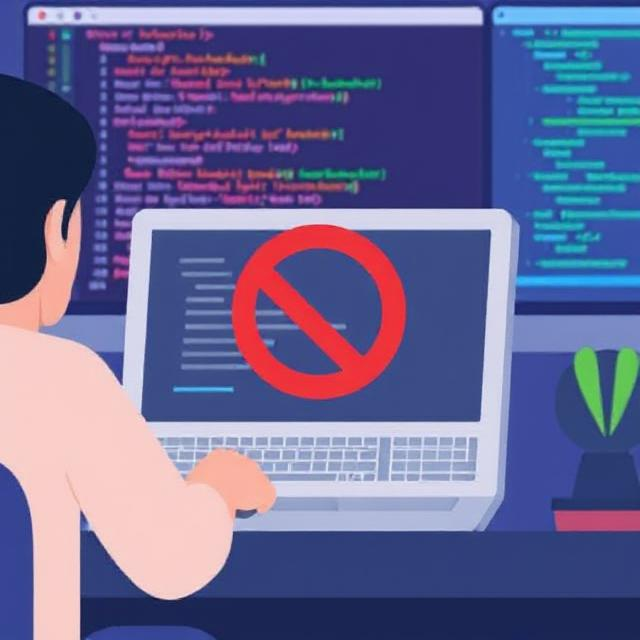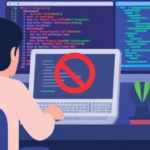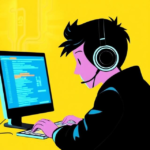Learning programming can be a challenging but rewarding journey. Whether you’re just getting started or have been coding for some time, there are common mistakes that many programmers make along the way. In this article, we’ll highlight some of these mistakes and offer advice on how to avoid them to ensure a smooth and successful learning process.
1. Not Writing Enough Code
One of the most common mistakes beginners make is reading too much theory and not writing enough code. While understanding the concepts behind programming is important, it’s equally essential to practice coding regularly. The best way to learn programming is through hands-on experience.
To avoid this mistake, set aside dedicated time to code daily or weekly. Build small projects or solve coding challenges to reinforce the concepts you learn. The more you code, the more you’ll improve.
2. Skipping the Basics
It’s tempting to jump straight into advanced topics, especially when learning a language like Python or JavaScript. However, skipping over the basics can lead to confusion later on. A solid understanding of fundamental concepts like variables, loops, data structures, and algorithms is crucial to progressing as a programmer.
Make sure you have a strong grasp of the basics before moving on to more advanced topics. This will provide you with the foundation you need to understand more complex concepts and code more efficiently.
3. Not Debugging Properly
Many beginners tend to skip the debugging process or get frustrated when their code doesn’t work. Debugging is a crucial skill every programmer needs to develop. Instead of just trying to fix the issue quickly, take the time to understand why the problem occurs.
Learn how to use debugging tools or print statements to track down errors. Understanding how to troubleshoot your code will make you a more efficient and effective programmer in the long run.
4. Avoiding Documentation
Some beginners overlook the importance of reading documentation. Whether it’s the official documentation for a programming language, library, or framework, it’s essential to understand how things work. Documentation provides valuable insights into syntax, functions, and best practices.
Whenever you’re stuck or need to learn how to use a specific function, make it a habit to check the documentation. Over time, this will help you become more independent and confident in your coding skills.
5. Not Collaborating or Seeking Help
Programming can be a solitary activity, but it doesn’t have to be. Many beginners hesitate to ask for help or collaborate with others. However, working with others can accelerate your learning process and expose you to new perspectives and solutions.
Join coding communities, participate in forums, and collaborate on open-source projects to learn from others. Don’t be afraid to ask questions or seek feedback—it’s all part of the learning process.
6. Losing Motivation
Learning programming can be overwhelming, especially when you encounter roadblocks or complex challenges. Many beginners give up when they face difficulties or don’t see immediate results.
To avoid losing motivation, set small, achievable goals, and celebrate your progress along the way. Break down large projects into smaller tasks and focus on one thing at a time. Keep in mind that learning programming is a marathon, not a sprint.
Conclusion
Learning programming can be a daunting task, but avoiding these common mistakes will help you become a better programmer. Practice regularly, master the basics, embrace debugging, read documentation, collaborate with others, and stay motivated. With patience and persistence, you’ll overcome the challenges and continue to grow as a developer.





